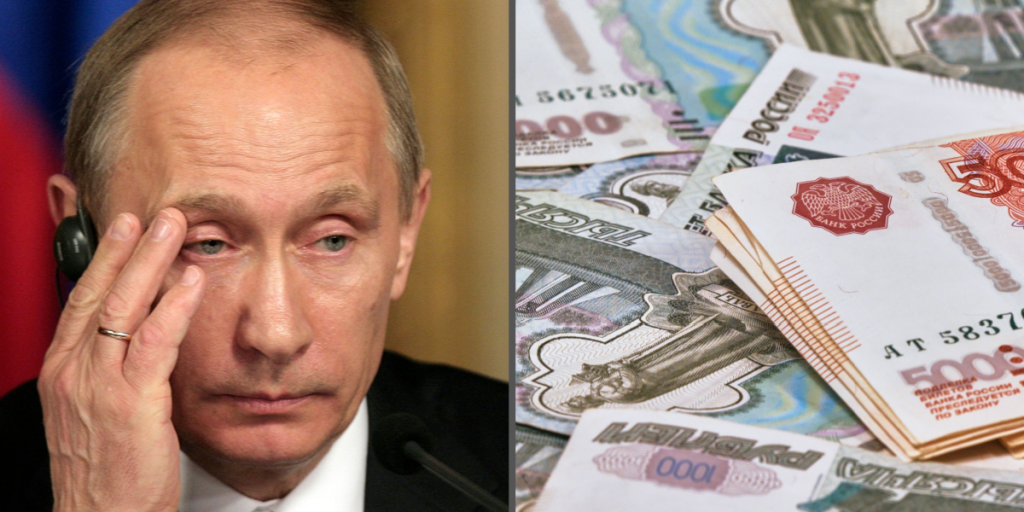Years of war has taken it’s toll on the Russian economy.
Others are reading now
Years of war has taken it’s toll on the Russian economy.
What is happening?
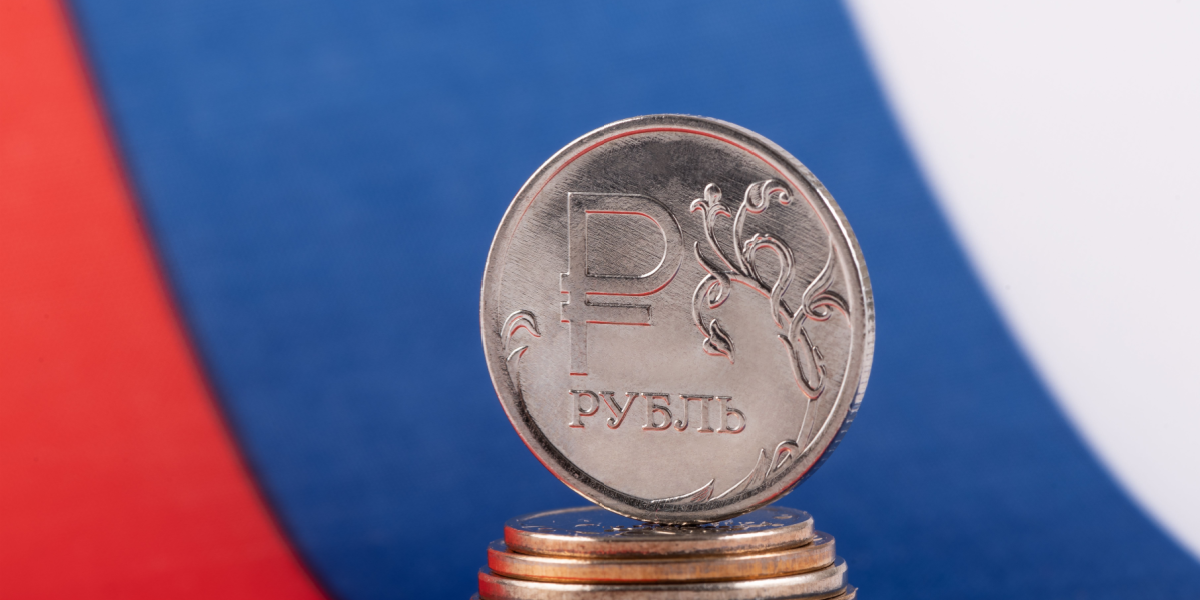
Russia’s federal budget deficit has already exceeded the entire target for 2025, just seven months into the year.
July alone saw the shortfall jump by 1.2 trillion rubles (£11.2 billion), pushing the total to 4.9 trillion rubles (£46 billion) — far above the planned 3.8 trillion rubles (£35 billion).
July Spending Surge Deepens the Gap
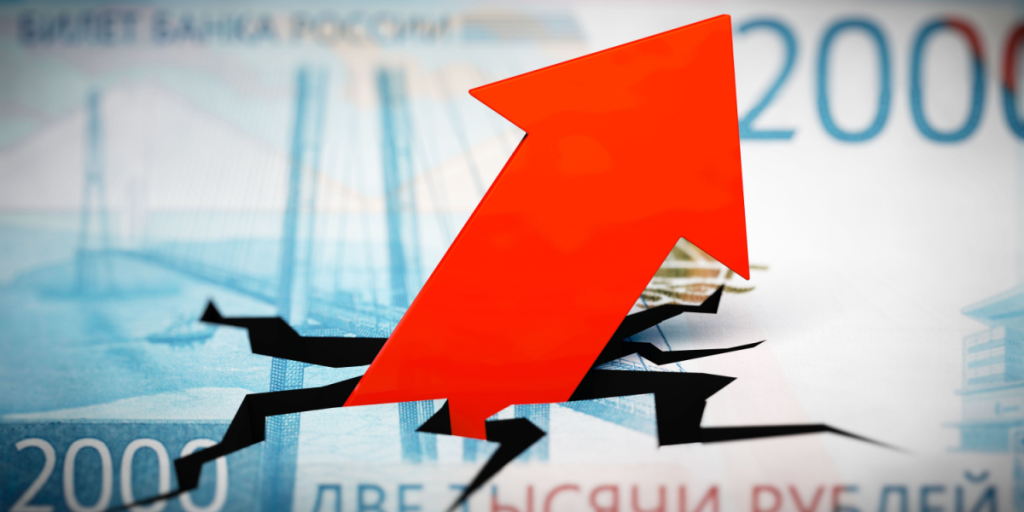
According to The Moscow Times, Russia’s revenues in July reached 2.7 trillion rubles (£25.2 billion), while spending soared to 3.9 trillion rubles (£36 billion).
This marked a sharp increase from June’s 3.2 trillion rubles (£30 billion) and reflects mounting pressure on the state budget.
Also read
Reserves Running on Fumes
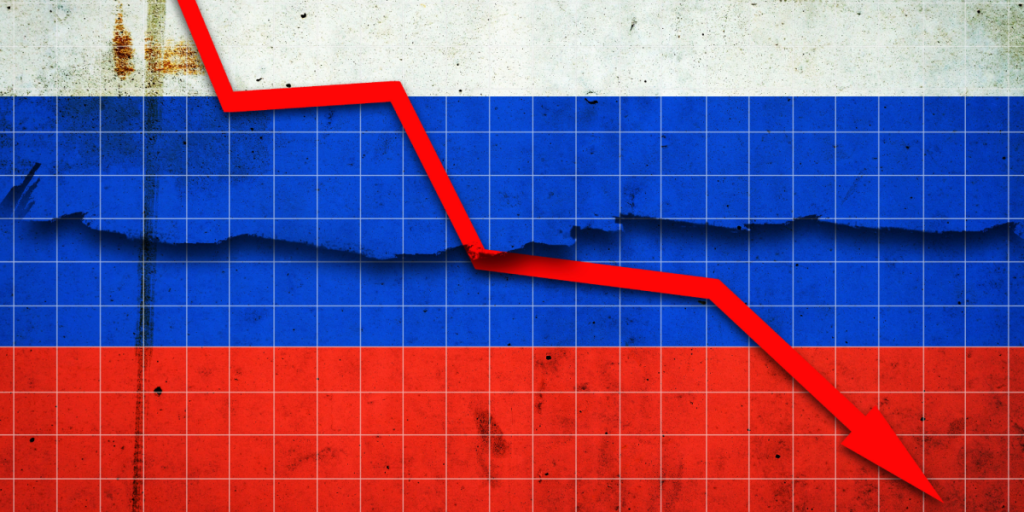
The Kremlin faces the risk of exhausting its liquid reserves, prompting cuts to public spending.
Russia’s National Wealth Fund, once a financial safety net, has shrunk from $135 billion (£101 billion) in January 2022 to just $35 billion (£26 billion) by May 2025
At current spending rates, these reserves could run out in the second half of the year.
Inflation Stubbornly High

Official inflation has hovered around 10% for months.
In June, the Central Bank reported a slight drop to 9.4%, but warned that expectations for inflation a year from now stand at 13%, undermining any sense of economic stability.
Also read
War and Sanctions Bite Hard
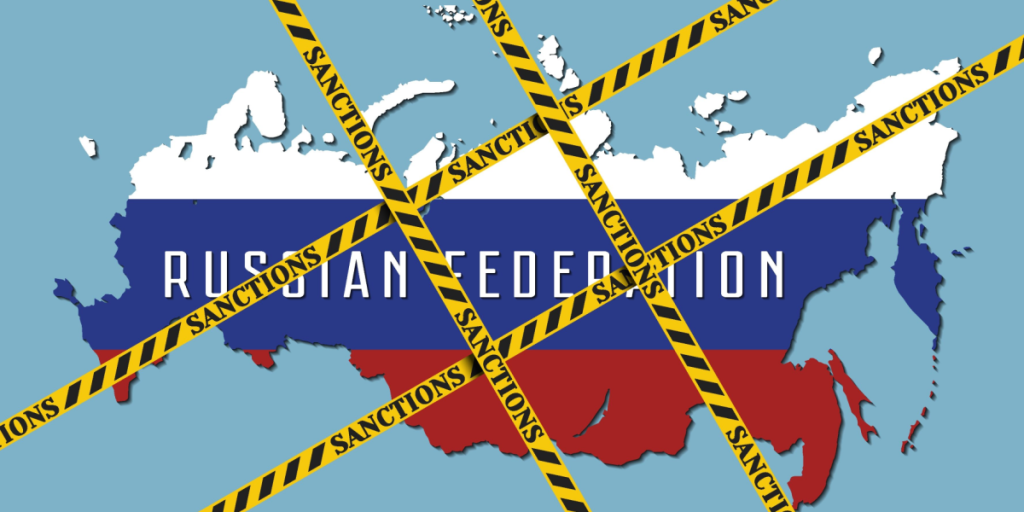
The war in Ukraine and sweeping Western sanctions have hit Russia’s economy on multiple fronts.
Energy revenues are declining, while shortages of labour and imported technology are becoming more severe, hampering production and growth.
A Persistent Funding Gap
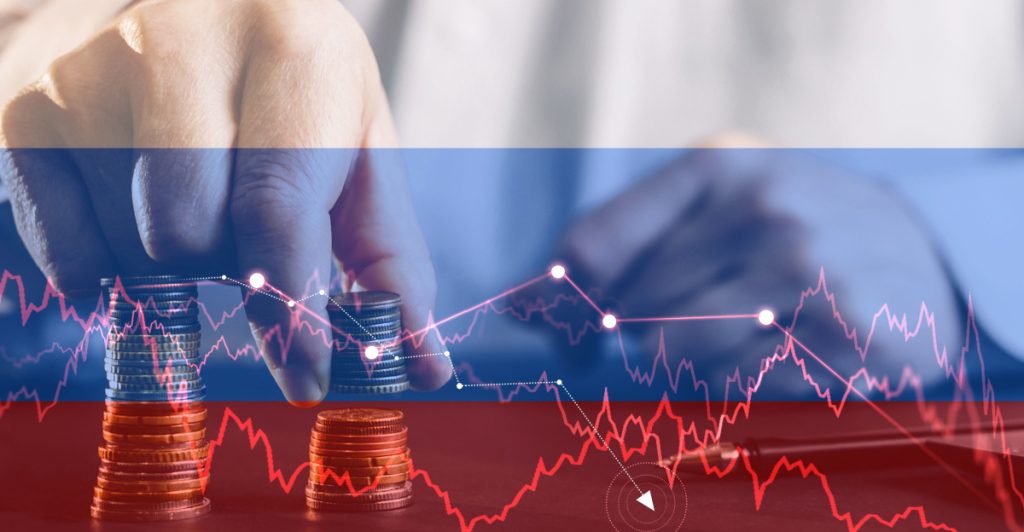
Since 2022, Russia has run an annual budget deficit of about 2% of GDP, requiring roughly $40 billion (£30 billion) each year to cover the shortfall.
Western sanctions have shut Moscow out of global financial markets since 2014, leaving domestic reserves as the only option.
Energy Exports in Decline
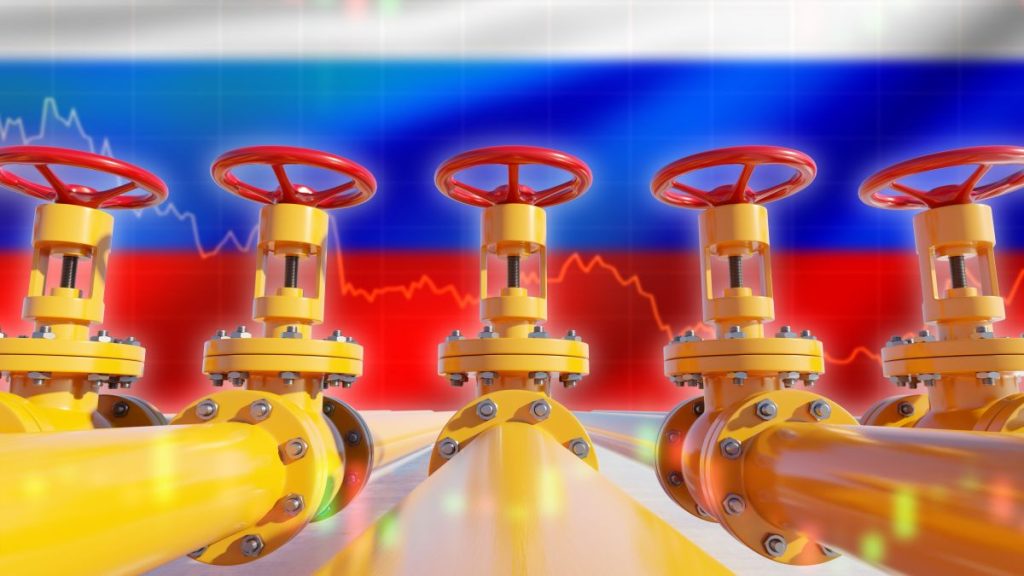
Energy exports once accounted for half of Russia’s federal revenue and two-thirds of total exports.
Also read
But sanctions have slashed trade, with total exports dropping 27% from $592 billion (£441 billion) in 2022 to $433 billion (£322 billion) in 2024.
Oil Prices Undercut Revenue Projections

The 2025 budget assumed oil would sell at $70 (£52) per barrel.
In reality, prices are hovering near the Western cap of $60 (£45), and the EU has set an even lower ceiling of $47.60 (£35) for the Russian oil it still buys.
Spending Still Has Room to Grow
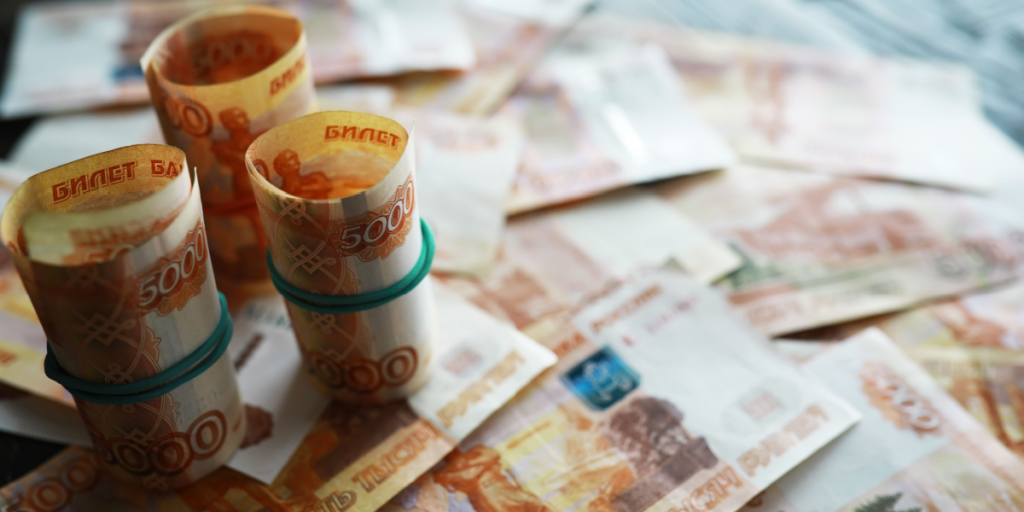
From January to July, Russia spent 25.2 trillion rubles (£235 billion) out of its annual budget plan of 42.3 trillion rubles (£395 billion).
But a traditional December spending spree — yet to come — could push figures far higher.
Also read
Recession on the Horizon

Economists warn that a full-scale recession could hit Russia as early as 2026, as dwindling reserves, falling export revenues, and inflation converge to create a severe economic storm.

